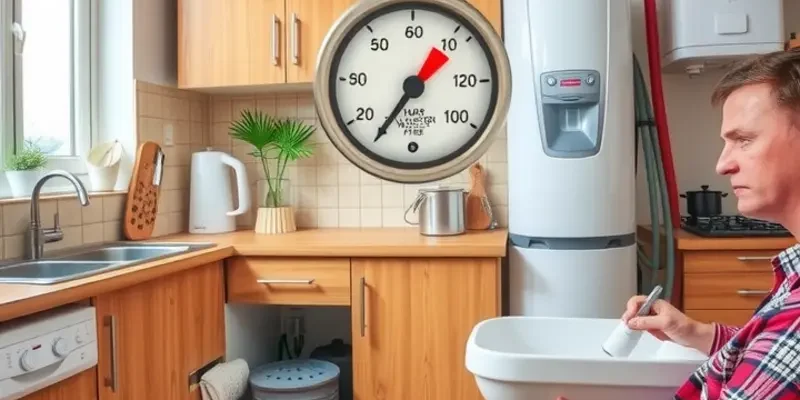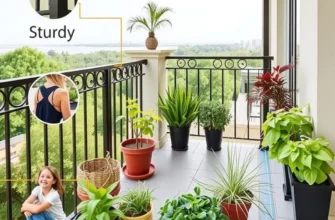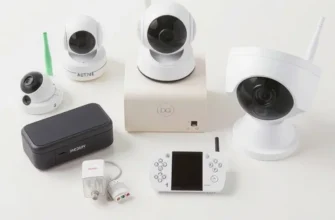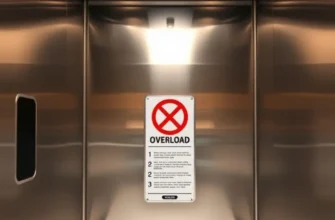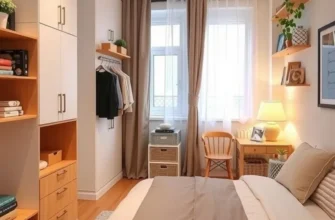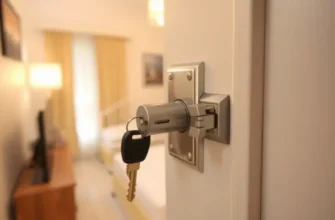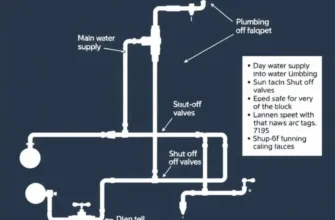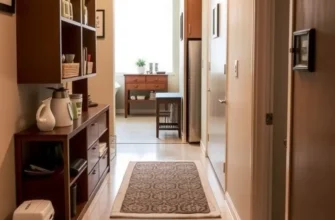Having access to reliable hot water is essential for comfort in any apartment. However, safety concerns regarding hot water systems often go unnoticed until problems arise. As a renter, understanding how to ensure your hot water system is safe not only protects your well-being but also adds value to your living experience. In this guide, we emphasize practical, straightforward measures that prioritize safety and peace of mind. From identifying potential hazards to implementing simple maintenance checks, we aim to provide you with all the knowledge you need to enjoy your hot water supply confidently. Let’s explore the vital steps to secure your hot water environment.
Identifying Hot Water Hazards
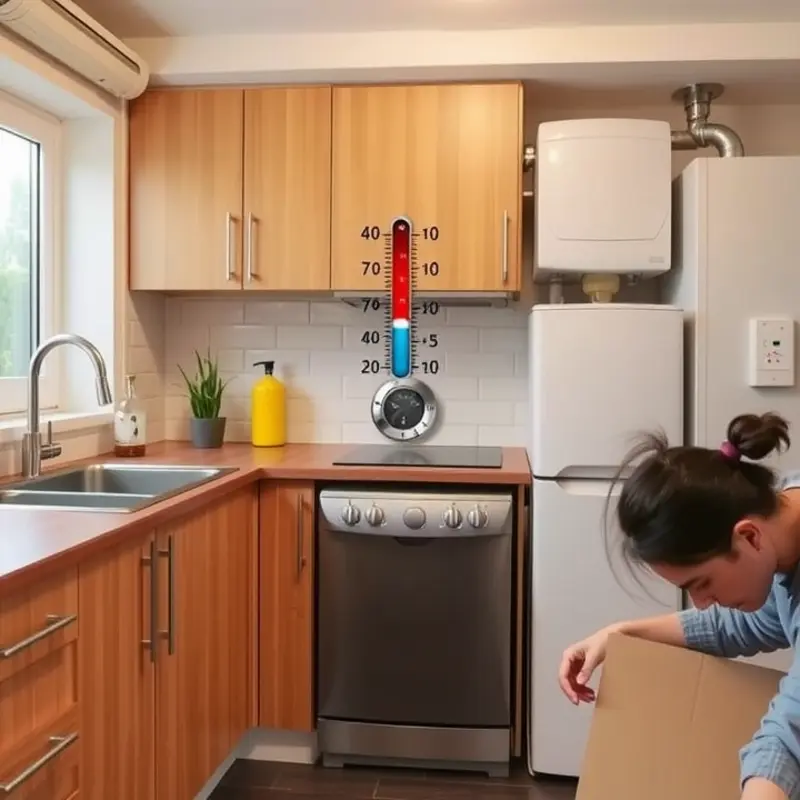
Understanding the potential dangers of hot water systems is a vital aspect of ensuring safety in your apartment. Renters often overlook common hazards like scalding risks, water leaks, and improper thermostat settings. Knowing the signs of these issues can help you address them promptly, averting accidents and maintaining a safe living environment.
Scalding is one of the most immediate threats posed by hot water systems. Many apartment water heaters are set to high temperatures, often exceeding 120 degrees Fahrenheit, which can cause burns in seconds. To mitigate this risk, ensure your water heater is set to a safe temperature, typically around 120 degrees. Check with your landlord before making adjustments, as they may have specific protocols in place.
Inspecting for Water Leaks:
Water leaks not only waste valuable resources but can also lead to water damage and mold growth. Regularly inspect visible pipes and connections for moisture or rust. Puddles near the water heater or damp spots on ceilings and walls are clear indications of leaks. If you encounter these signs, contact your maintenance staff immediately. Unattended leaks can escalate, resulting in higher bills and severe property damage.
Thermostat Settings and Functionality:
Many renters are unaware of their water heater’s thermostat settings. Improper calibration can lead to fluctuating water temperatures, posing the risk of both scalding and insufficient hot water. To check your thermostat, look for a dial or digital display on the unit. If you notice unusual water temperature changes, it may be due to a malfunctioning thermostat. In such cases, professional maintenance is recommended.
Additionally, pay attention to any sounds coming from your water heater. Banging or popping noises can indicate sediment buildup, which affects the efficiency and safety of the unit. Regular flushing of the tank can help, but if your lease agreement doesn’t permit this, make sure to inform your landlord or property manager.
Addressing Hot Water Issues:
When faced with hot water problems, immediate action is crucial. Report any complications to your landlord or property manager as soon as possible. Not only does prompt reporting help resolve the issue swiftly, but it also protects your rights as a tenant. Familiarize yourself with lease agreements to understand your rights and responsibilities regarding maintenance and repairs. For more on this topic, consider visiting this guide on tenant rights and security deposits.
Finally, while tenant responsibilities vary, understanding and implementing basic hot water safety measures is universally beneficial. Protect yourself and your property by staying vigilant and proactive about identifying and rectifying hot water hazards in your apartment.
Simple Maintenance Tips for Safe Hot Water
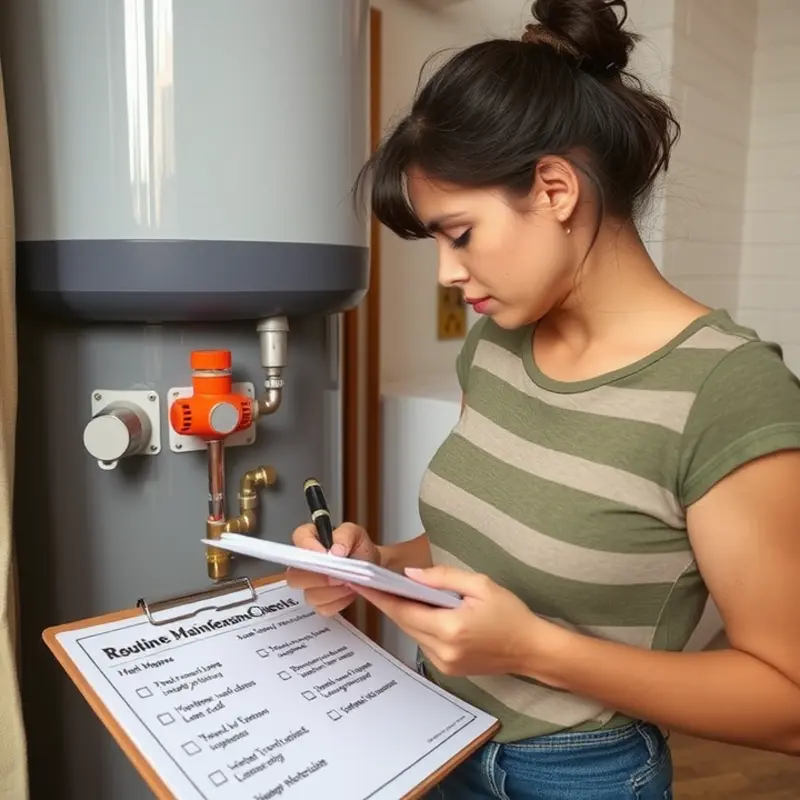
Maintaining your hot water system might seem intimidating, but it doesn’t have to be. With a few simple tips, you can ensure your system runs safely and efficiently. Here’s how to manage it smartly from your apartment.
Regular Temperature Checks
One of the easiest yet crucial steps is checking the water temperature. Ideally, set your water heater thermostat to a safe temperature, typically around 120°F (49°C). This temperature is hot enough for daily use, yet cool enough to prevent scalding. If you’re unsure how to adjust the thermostat, refer to your system’s manual or consult with your landlord.
Visual Inspection
Conduct monthly visual inspections of the water heater and surrounding area. Look for signs of leaks, rust, or corrosion. Even minor leaks can lead to bigger issues like mold growth or water damage. If you notice any discrepancies, promptly report them to your landlord.
Understand Your System
It’s beneficial to familiarize yourself with your hot water system. Know the model and type of your heater, such as a tank or tankless system, and understand the basic components. This knowledge not only helps in identifying issues but also aids in communicating effectively with maintenance professionals.
Reporting Issues
Establish a clear line of communication with your landlord for reporting any problems. Document any issues you encounter and communicate them as soon as possible. Prompt reporting can prevent minor issues from escalating into costly repairs.
Annual Inspections
While renters are often responsible for minor maintenance, annual professional inspections are crucial. These inspections ensure the heater’s safety features are functioning correctly, preventing potential hazards. Coordinate with your landlord to arrange these inspections, ensuring they are conducted regularly.
Flushing the System
Consider flushing the system to remove sediment build-up, which can affect performance and efficiency. Depending on your agreement, this task might be the landlord’s responsibility. However, understanding this process can empower conversations about its necessity.
Safety Precautions
Implement safety precautions to enhance security. For example, install anti-scald devices on faucets to maintain consistent water temperatures. Also, keep the area around the water heater clear of flammable materials for safety.
By following these maintenance tips, you not only ensure a better hot water experience but also contribute towards a safe living environment. For further guidance on maintaining apartment safety, you might want to explore apartment garbage disposal tips. Being proactive about maintenance—coupled with strong communication with your landlord—creates a safer, more comfortable home.
Final words
Ensuring hot water safety in your apartment is vital to your well-being and peace of mind. By identifying potential hazards and engaging in regular maintenance, you create a comfortable living space that prioritizes health and safety. Remember to be vigilant and proactive. Don’t hesitate to reach out to your landlord for assistance or clarification on the maintenance of your hot water system. Your safety is paramount, and taking the initiative can prevent significant issues down the road. Let these practices become a part of your routine to ensure a consistently safe and enjoyable experience in your home.

